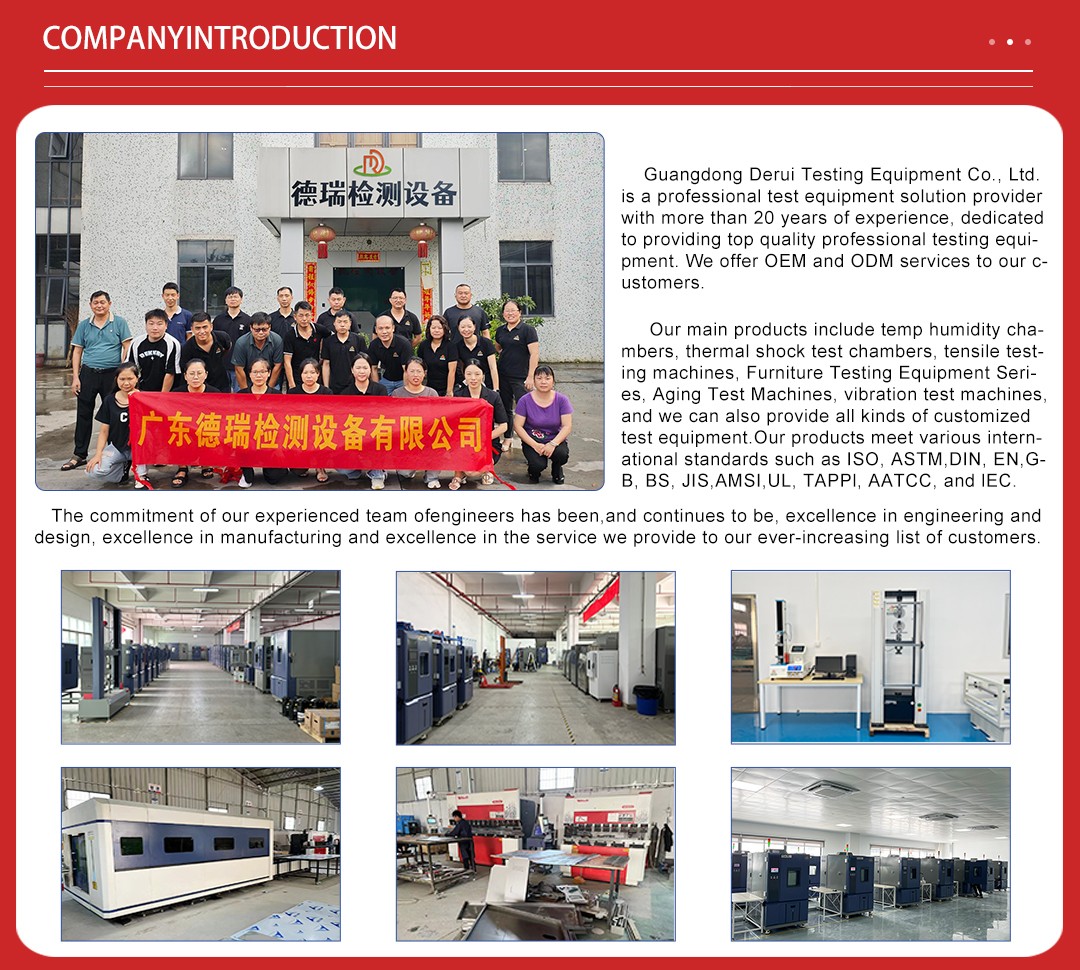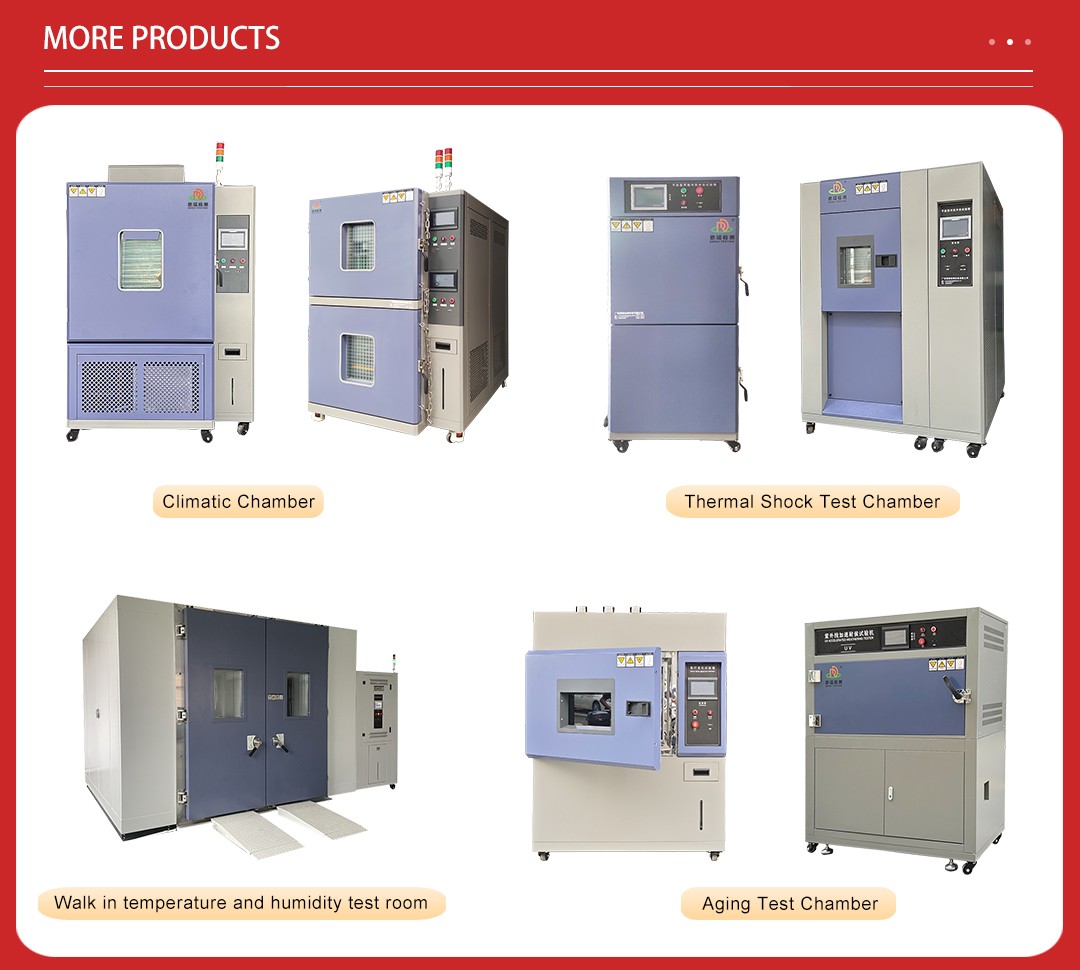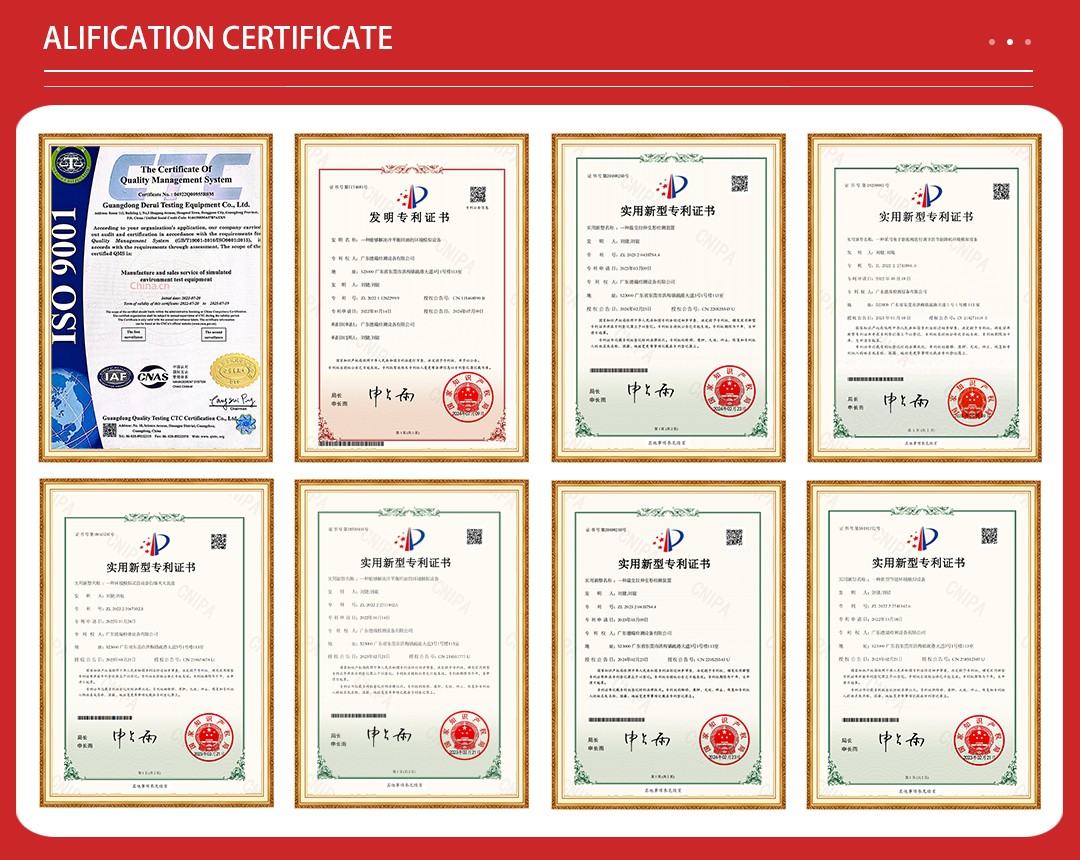
Rockwell hardness tester (or Rockwell hardness scale apparatus) is a sophisticated and widely used instrument for measuring the hardness of materials, particularly metals and alloys. The Rockwell hard ...

Rockwell hardness tester (or Rockwell hardness scale apparatus) is a sophisticated and widely used instrument for measuring the hardness of materials, particularly metals and alloys. The Rockwell hardness test, developed by Hugh M. Rockwell in 1914, is one of the most reliable and efficient methods for determining the hardness of materials in various industries such as manufacturing, metallurgy, and engineering. The key advantage of the Rockwell hardness test lies in its simplicity, speed, and minimal sample preparation.

1. The Rockwell hardness test measures the depth of penetration of an indenter under a specific load. The test involves two stages:
The Rockwell hardness number (HR) is calculated based on the difference in the depth of penetration before and after the major load is applied. The result is presented as a number, which indicates the material's hardness. The higher the number, the harder the material.
2.Types of Rockwell Hardness Scales
There are several Rockwell hardness scales, each corresponding to different types of indenter and loads. The most common scales are:
Rockwell A, D, E, F, G, H, K, L, M, N, P, T: These are less commonly used, but they apply various loads and indenters suitable for specific materials and hardness ranges.
3. Components of a Rockwell Hardness Tester
A typical Rockwell hardness tester consists of several key components:
Load Application System: A mechanism that applies the pre-load and major load to the indenter.
Control Mechanism: Allows operators to set parameters like the scale, pre-load, and test duration.

1. Speed: The Rockwell test is relatively quick, typically taking only a few seconds to perform.
5. Direct Readout: The hardness value is directly displayed, eliminating the need for conversion or interpretation of results.

1. Specification Measuring Range 20-88HRA, 20-100HRB, 20-70HRC
2. Strenghth 588.4N(60kgf), 980.7N(100kgf), 1471N(150kfg)
3. Maximum Height 100mm
4. Distance between pressure head and tester wall 105mm
5. Outside Dimension 180×270×560 (mm)
6. Weight 140kg (appro.)
7. Accessaries large / small and v-shaped testing bench each 1 set; cone-shaped diamond pressure head 1 set; 1/16" steel ball pressure head 1 piece; standard Rockwell hardness sheet 3 pieces

